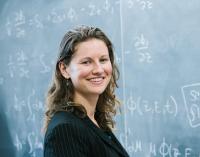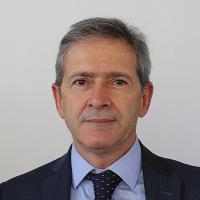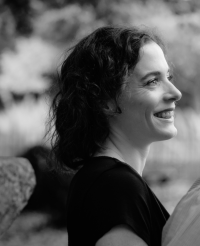Archive for April 2016
The Opportunity of Global Nuclear Innovation
SPEAKER: RACHEL SLAYBAUGH, PH.D. ASSISTANT PROFESSOR, DEPT. OF NUCLEAR ENGINEERING UNIVERSITY OF CALIFORNIA, BERKELEY DATE/TIME: MON, 04/25/2016 – 4:00PM TO 5:00PM LOCATION: 3105 ETCHEVERRY HALL Spring 2016 Colloquium Series Abstract: To expand our ability to improve global health, the environment, and prosperity, a new level of innovation in nuclear energy is needed because nuclear must be an integral…
Read MoreIAEA Activities in Support of Advanced Nuclear Energy Systems Development and Deployment
SPEAKER: STEFANO MONTI, PH.D. HEAD OF THE NUCLEAR POWER TECHNOLOGY DEVELOPMENT SECTION OF THE INTERNATIONAL ATOMIC ENERGY AGENCY (IAEA) DATE/TIME: MON, 04/18/2016 – 4:00PM TO 5:00PM LOCATION: 3105 ETCHEVERRY HALL Spring 2016 Colloquium Series Abstract: The International Atomic Energy Agency (IAEA) actively supports its Member States in the development of evolutionary and innovative nuclear reactors. With the fundamental support of its…
Read MoreHere be Dragons: Mysteries of the Neutrino
SPEAKER: GABRIEL OREBI GANN, PH.D. ASSISTANT PROFESSOR DEPARTMENT OF PHYSICS UNIVERSITY OF CALIFORNIA, BERKELEY DATE/TIME: MON, 04/11/2016 – 4:00PM TO 5:00PM LOCATION: 3105 ETCHEVERRY HALL Spring 2016 Colloquium Series Abstract: Neutrinos are one of the most fascinating particles that occur in nature. Hundreds of millions of times smaller than the proton, the neutrino was once thought to be…
Read More

